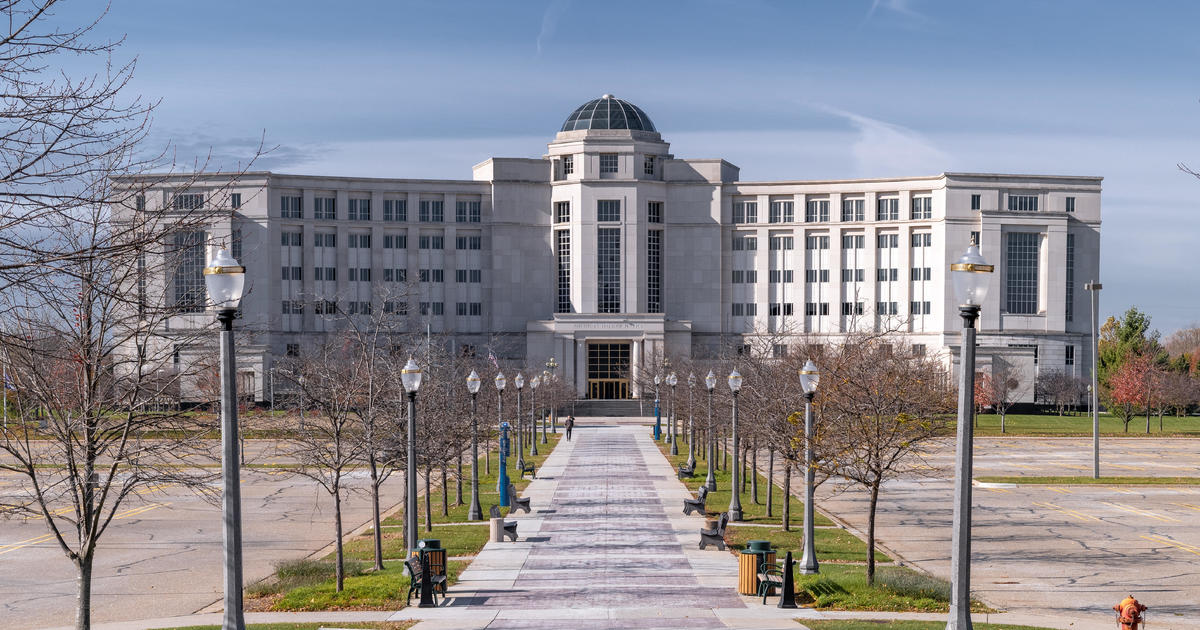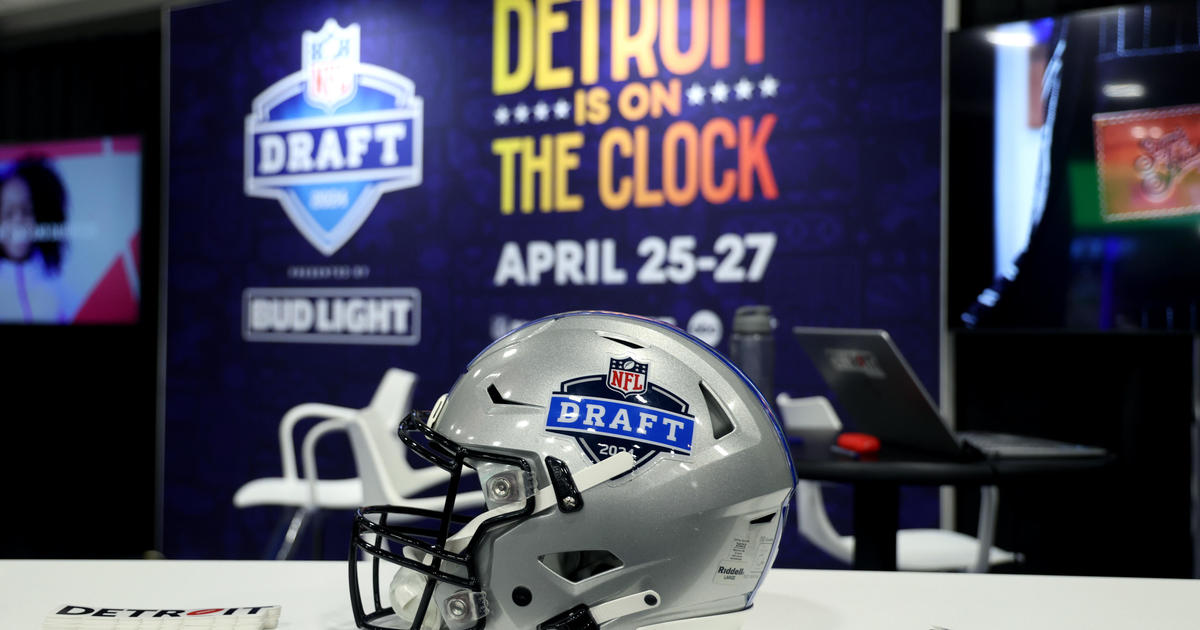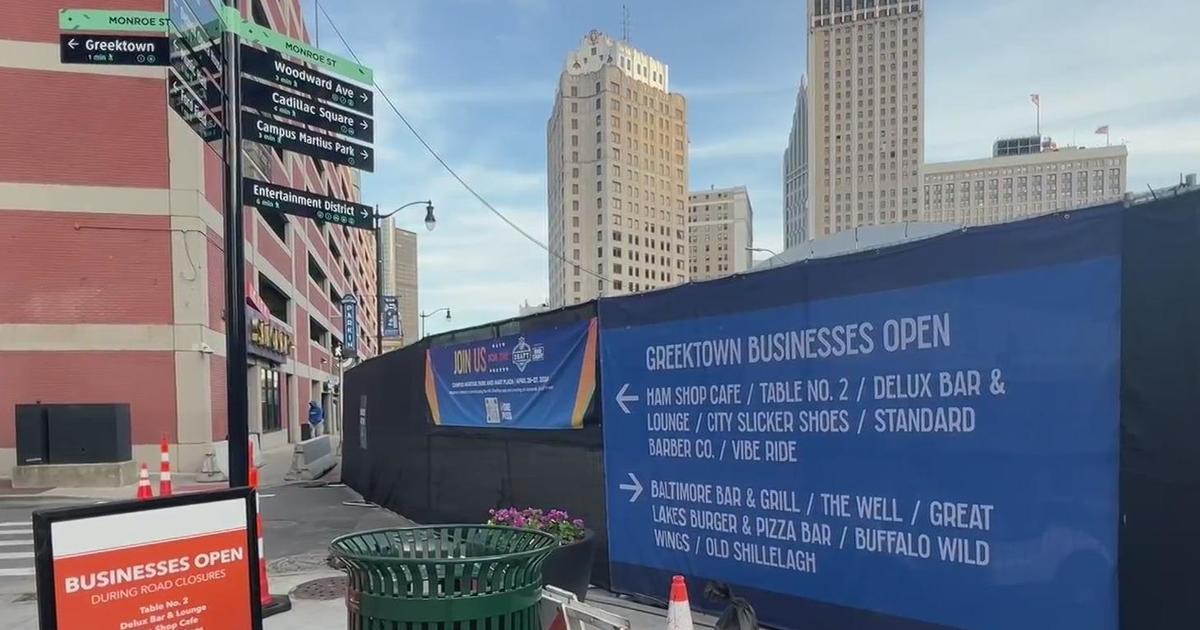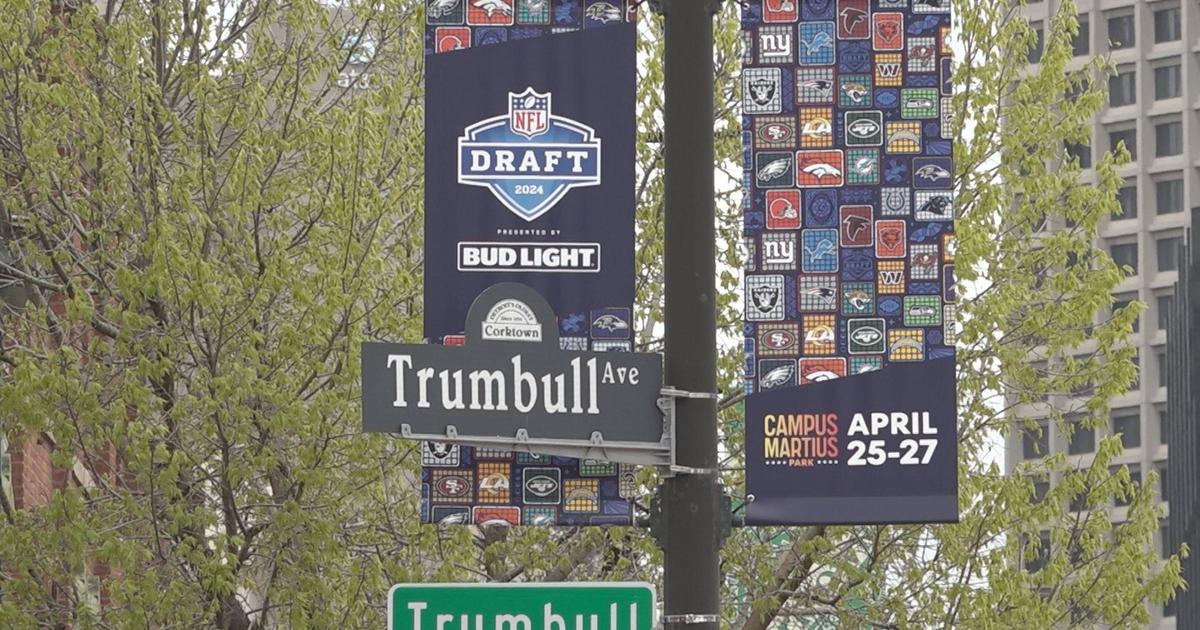CDC Vaccine Advisers Vote To Recommend COVID-19 Boosters For All Adults
(CNN) -- Vaccine advisers to the US Centers for Disease Control and Prevention voted unanimously, 11-0, Friday to recommend booster doses of Pfizer/BioNTech's and Moderna's COVID-19 vaccine for all adults in the United States -- everyone 18 and older -- six months after they finish their first two doses.
Members of Advisory Committee on Immunization Practices also voted on a second question, strenghtening the recommendation to say that people 50 and older should get a booster dose of vaccine.
The votes follow the US Food and Drug Administration's decision earlier Friday to authorize boosters of the Pfizer/BioNTech and Moderna COVID-19 vaccines for all adults.
Previously, boosters had been authorized for anyone 65 and older who was vaccinated with the Pfizer or Moderna vaccines at least six months ago and for certain adults at high risk of infection or of severe disease.
"Throughout the course of the COVID-19 pandemic, the FDA has worked to make timely public health decisions as the pandemic evolves. COVID-19 vaccines have proven to be the best and highly effective defense against COVID-19. Authorizing the use of a single booster dose of either the Moderna or Pfizer-BioNTech COVID-19 vaccine for individuals 18 years of age and older helps to provide continued protection against COVID-19, including the serious consequences that can occur, such as hospitalization and death," Acting FDA Commissioner Dr. Janet Woodcock said in a statement.
Recent real-world studies suggested that immunity from COVID-19 vaccines begins to wane and protection against milder and asymptomatic disease, in particular, may drop. Studies have shown that booster doses restore that immunity.
Dr. Anthony Fauci, director of the National Institute of Allergy and Infectious Diseases, also told CNN this week that recent data from Israel show that, among people age 60 and older, those who received a booster were less likely to become severely ill than vaccinated people who had not received a booster. Rates of severe disease remained highest among those who weren't vaccinated.
Boosters can officially be administered to all adults after CDC Director Dr. Rochelle Walensky signs off on a recommendation.
However, the majority of adults are already eligible to receive boosters, and several states officially opened up boosters to all adults already.
'Everyone is eligible'
Expanding booster eligibility to all adults in the United States may not change the logistics around getting shots into arms.
The vaccine supply for boosters is already in place in many places. There are no "extra steps" on the administration side of the booster rollout that need to happen, Adriane Casalotti, chief of government and public affairs at the National Association of County and City Health Officials, told CNN.
"Looking national, we have enough vaccine. There are lots of places that have appointments. Obviously, that varies a little bit depending upon where you live geographically because there's more demand in some areas than others," Casalotti told CNN.
"But that being said, I think the main preparation is on the communication side," Casalotti added. "The communication for the local health care providers and public health departments is that now you don't have to worry about eligibility if someone asks if they need to get a booster. This is the information -- everyone is eligible after six months."
More than 32 million people in the United States -- about 16% of those who are fully vaccinated -- have received a booster dose of COVID-19 vaccine, according to CDC data.
About 18 million seniors have received a booster dose of COVID-19 vaccine, according to CDC data, accounting for more than half of all booster doses administered and increasing the immune response for more than a third of fully vaccinated seniors.
The future of boosters
The US is now averaging 94,943 new Covid-19 cases each day, according to Johns Hopkins University -- a 31% increase over last week and back to levels last seen more than a month ago. Midwestern states account for more than a third (38%) of new cases.
There's concern that winter weather that drives people indoors and holiday gatherings could lead to even more cases.
"We certainly want people to be as well protected as they could possibly be going into the season," said Dr. Marci Drees, chief infection prevention officer and hospital epidemiologist for Delaware-based ChristianaCare.
Drees is a Society for Healthcare Epidemiology of America liaison to the CDC's vaccine advisory committee.
"I think we're at the point now where for lots of people who were vaccinated last winter and spring, now would be the time that their protection is waning," she said.
Once people do receive their COVID-19 vaccine booster shots, it's not clear when they might need another vaccine dose -- if ever.
"That certainly is the million-dollar question. We know that the boosters boost people's immunity back up to that 90% to 95% range in the short term. We don't know how long that will last," Drees said.
"In some ways, we're forging a new path -- and a lot of it is driven by can we get enough immunity in the population so that we can really shut down further transmission," Drees said. "We know that boosters are not going to end the pandemic. They will help and prevent people from getting sick, but we really still need to push on getting first and second doses into people as well."
The-CNN-Wire™ & © 2021 Cable News Network, Inc., a WarnerMedia Company. All rights reserved.



